What You Need To Know About Artificial Sweeteners: 5 Dangers of Artificial Sweeteners, Their Side Effects, and Your Health – And 5 Dangerous Artificial Sweeteners YOU MUST Avoid!
Artificial Sweeteners: 5 Dangers of Artificial Sweeteners, Their Side Effects, and Your Health (And 5 Dangerous Artificial Sweeteners YOU MUST Avoid)
Overview

Switching to artificial sweeteners is said to have many benefits. Unlike sugar, they do not add as many calories to your diet while still satisfying your sweet tooth. This makes them particularly useful for persons with diabetes who need to keep a constant watch on their blood sugar levels. Artificial sweeteners do not cause tooth decay either. Also, it is extremely simple to incorporate them into your cooking, with just a small amount providing high-intensity sweetness for your recipes.
All sounds very promising, right?
Remember when they said if something seems too good to be true, then it probably is? Well, let’s do our research and hope for the best!
Are artificial sweeteners a healthier alternative?
Artificial sweeteners, also known as non-nutritive sweeteners or low-calorie sweeteners, are synthetic chemicals that are designed to stimulate your taste buds in a similar way to that of sugar. This allows your brain to register the taste as sweet. But since you do not have the enzymes needed to digest these substances, your body cannot break them down into simpler molecules (calories).
Most artificial sweeteners are either completely indigestible (non-nutritive) or extremely low on calories. Also, they are about 200 to 20,000 times sweeter than real sugar, which means a very small amount is needed to achieve the same amount of sweetness in your recipes.
But does this mean you can enjoy all the sweetness you deserve without worrying about extra calories or raising your blood sugar levels? Can you really improve your diet without actually changing your diet? On the surface, artificial sweeteners might appear as the perfect solution, but they are far from being a healthy alternative to sugar.
Ever since they were introduced, artificial sweeteners have remained highly controversial. Studies have linked them with increased appetite, weight gain, metabolic disorders, frequent headaches and migraines, hormonal disturbances, and a higher risk of cancer. In some studies, they even appear to raise blood sugar and increase the risk of diabetes—the very thing they are supposed to help with!
Experts have warned that the risk may be greater for pregnant and lactating mothers, children, and persons with certain medical conditions like type-2 diabetes, migraine, epilepsy, inflammatory bowel disease, or a history of depression.
Potential side effects of artificial sweeteners
1. You may end up consuming more calories
Have you ever wondered why sweet things feel so rewarding, especially when you are hungry or exhausted? This is because sugar provides energy, and we have naturally evolved to associate sweetness with nourishment. Sugar also activates parts of the brain that make you feel full and satisfied after a meal.
Artificial sweeteners fail to fully activate this food reward pathway because they provide high-intensity sweetness without those calories. When the brain is unable to connect this sweetness with nourishment, it gets confused into feeling that you are still hungry and unsatisfied, making you eat more calories than usual.
Several studies have found artificially sweetened foods to increase appetite and calorie intake. In a 2008 study, one group of rats was given foods with real sugar while the other group was fed artificially sweetened foods. After temporary food deprivation, both groups were given sugar-sweetened foods. Researchers found that the group that was given artificial sweeteners before ate significantly more than the other group.
2. You crave more sugar than usual
The main problem with sugar is that it increases your tolerance as well as your desire for sweetness. The more you eat it, the more you will crave it. You will also have to eat more of it in the future to get the same amount of satisfaction, as your brain gets increasingly tolerant.
Artificial sweeteners are several thousand times sweeter than real sugar, which means you will crave more sweetness and eat more naturally sweetened foods to feel full. Mild natural sweeteners like honey or berries will feel less satisfying, making it even harder to tame your sweet tooth.
On the other hand, quitting all types of added sugar—real or artificial—is scientifically proven to curb your sugar cravings in just over a week.
3. Regular use promotes weight gain
Artificial sweeteners are primarily used to control weight because they help you cut down on extra calories. However, evidence suggests that while switching to artificial sweeteners may help you lose weight initially, their long-term use can have the exact opposite effect.
This is because artificial sweeteners do not stimulate the brain as real sugar does, and yet they continue to feed your tongue with more and more sweetness. This can be a dangerous combination because instead of quitting sugar, you become addicted to it. And since you are not getting real sugar, you compensate by overeating other foods. Over time, it may lead to weight gain and obesity.
4. They may increase your risk of type-2 diabetes
Artificial sweeteners trick your brain into thinking you are consuming a sweet dish. As a side effect, the brain alerts the pancreas that your blood sugar levels are about to go up. The pancreas responds by releasing insulin, which never gets used up because your sugar levels did not rise.
Research shows that people who frequently consume artificially sweetened foods have heightened levels of insulin in their blood, which may eventually lead to insulin resistance. This may be dangerous for persons with prediabetes and type-2 diabetes.
Living with constantly elevated levels of insulin can also trigger chronic inflammation, increasing your risk of type-2 diabetes, heart diseases, autoimmune disorders, and cancer.
5. They can harm your gut bacteria
Even though artificial sweeteners can induce our taste buds to recognize them as sugar, our brain and gut can identify the difference and respond to them differently. Studies have shown that some types of artificial sweeteners can alter the composition of gut microbiota, disturbing their balance and even reducing the number of beneficial bacteria. These results were found with sucralose, aspartame, acesulfame potassium, and saccharin.
Intestinal bacteria play a central role in metabolism, blood sugar control, immune function, and mood regulation. Any negative change in its composition can impact your health in multiple ways.
Why and how artificial sweeteners impact gut health is poorly understood. Also, different people react to the same sweetener differently. Scientists explain this may be because every person’s gut microbiota is different.
5 worst artificial sweeteners
Artificial sugar substitutes come in all shapes and sizes. While all of them have side effects, some types may be more dangerous than others.
1. Saccharin (Sweet’N Low, Sweet Twin, or Necta Sweet)
A 2019 study found long-term consumption of saccharin to be associated with an increased risk of obesity and type-2 diabetes. Saccharin also increased inflammation of the liver and kidneys in this study.
2. Aspartame (NutraSweet, Equal, or Sugar Twin)
A 2014 study found that consuming aspartame during pregnancy may predispose your baby to develop obesity and metabolic syndrome later in life. One study suggested that aspartame may increase oxidative stress in brain cells, possibly contributing to epilepsy, dementia, stroke, and brain tumors.
3. Sucralose (Splenda)
One of the most controversial artificial sweeteners in the United States, sucralose has been linked with many side effects, including weight gain, inflammation, high blood sugar, and insulin resistance. In a 2017 study, it was found to trigger changes in the gut microbiome, which caused inflammation of intestinal and liver tissues.
4. Acesulfame potassium
Studies have found acesulfame potassium to reduce beneficial gut bacteria, causing gut inflammation and comprising your ability to regulate blood sugar. It is also known to contain a carcinogen called methylene chloride.
5. Neotame
Neotame is about 13,000 times sweeter than sugar, which is why it is most commonly used in packaged foods, including baked goods, candies, cookies, and diet drinks. Some animal studies have found this chemical to trigger allergic symptoms and cause digestive problems like diarrhea, constipation, abdominal cramps, and nausea.
Final thoughts
Removing table sugar from your diet can indeed be a life-changing step, but replacing sugar with artificial sweeteners is definitely not a healthy option. While they are not as harmful as sugar (the sweet poison), making them a part of your daily diet may still be detrimental to your long-term health.
FDA has given artificial sweeteners a “generally regarded as safe” status, but health experts continue to warn that they should be used occasionally and in moderation. That being said, it is perfectly fine to indulge in a sweet treat once in a while. And for those occasions, you can use an artificial sweetener in the place of sugar. If you would like to avoid them altogether, try natural sweeteners like raw honey, cinnamon powder, berries, cherries, or low-glycemic fruits.
It takes some time before you can learn to appreciate the taste and flavor of a natural sweetener, but they are much more rewarding in terms of health benefits. However, remember that natural sugars are still sugar, and you should use them sparingly. If you are using artificial sweeteners, you must consider stopping their use today. Your Health depends on it.
Remember, “Do Something Everyday That Heals Your Body”
To Your Health!
References
https://www.ncbi.nlm.nih.gov/pmc/articles/PMC4899993/
https://www.ncbi.nlm.nih.gov/pmc/articles/PMC3198517/
https://www.ncbi.nlm.nih.gov/pmc/articles/PMC3982014/
https://pubmed.ncbi.nlm.nih.gov/3190218/
https://pubmed.ncbi.nlm.nih.gov/18298259/
https://www.ncbi.nlm.nih.gov/pmc/articles/PMC6363527/
https://www.ncbi.nlm.nih.gov/pmc/articles/PMC7014832/
https://pubmed.ncbi.nlm.nih.gov/28214853/
https://www.ncbi.nlm.nih.gov/pmc/articles/PMC5522834/
https://www.ncbi.nlm.nih.gov/pmc/articles/PMC6017827/
https://www.ncbi.nlm.nih.gov/pmc/articles/PMC5522834/
https://www.ncbi.nlm.nih.gov/pmc/articles/PMC6843803/

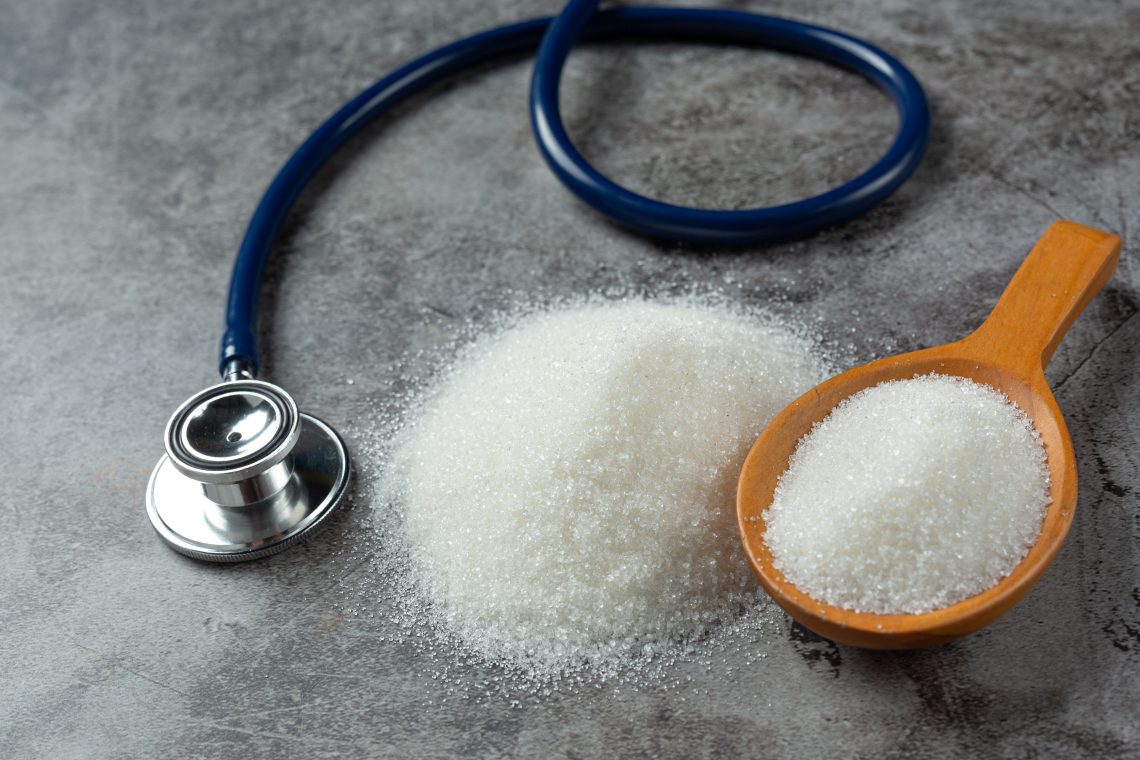
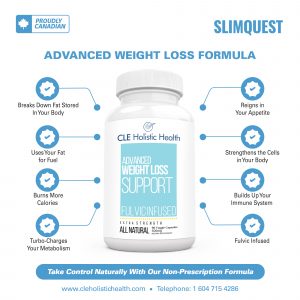
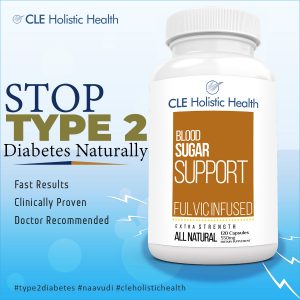


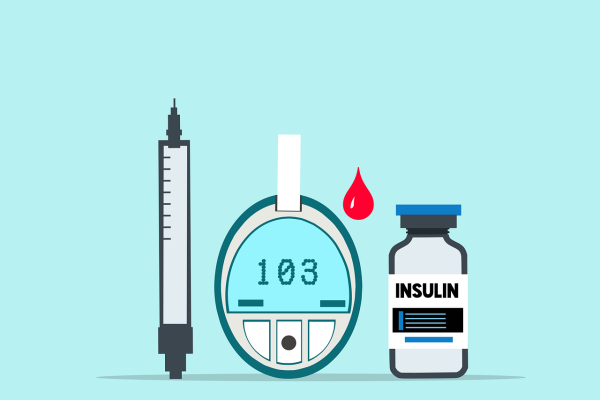

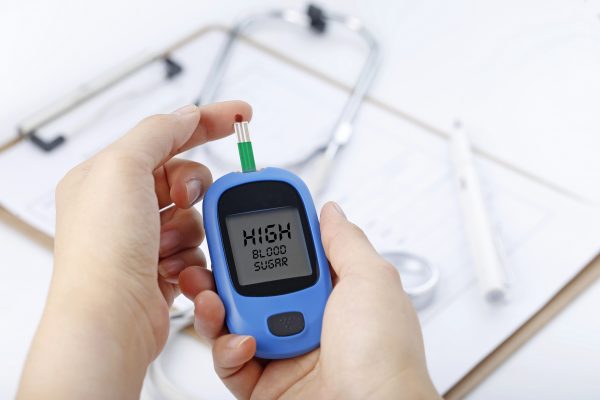
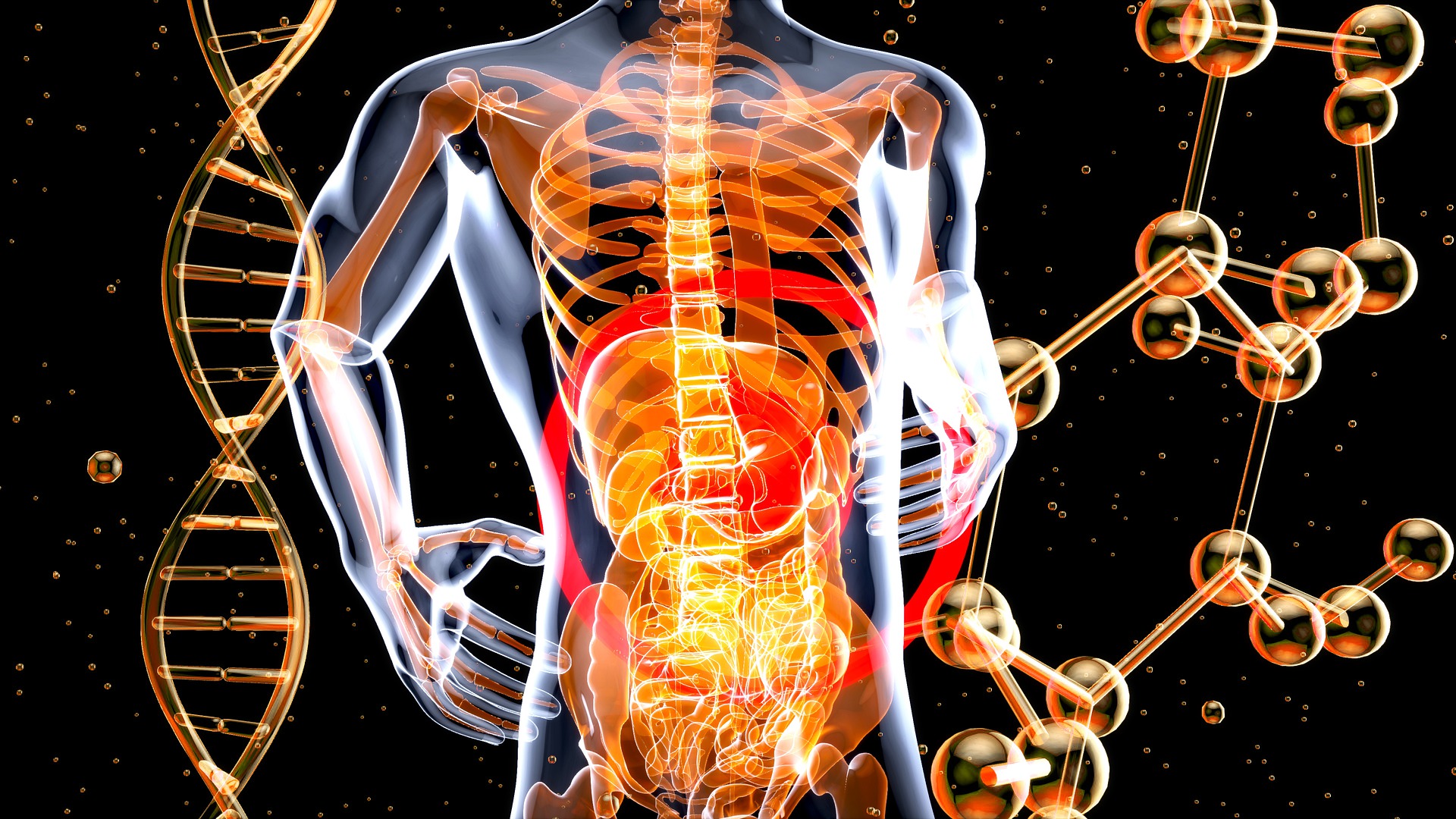
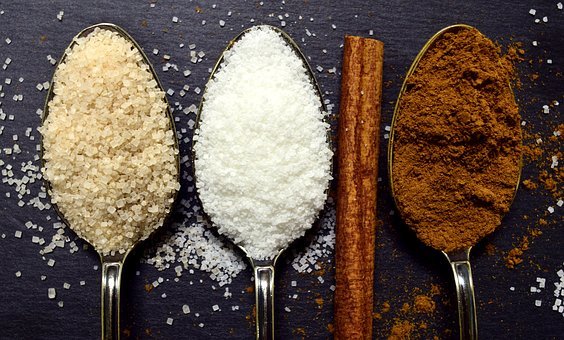

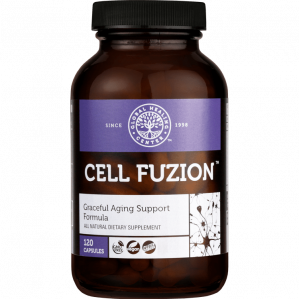
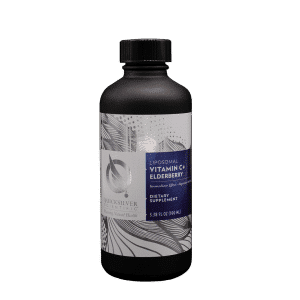
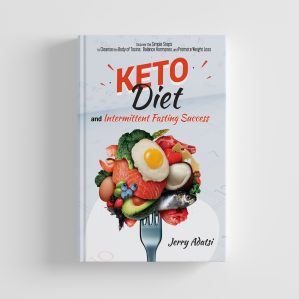

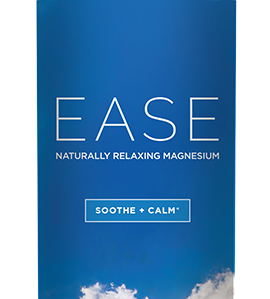











0 Comment